
The Case for Number Sense
Did you know …
Early number sense predicts school success more than other measures—including reading ability or verbal, spatial, or memory skills? In fact, according to researchers, foundational skills in numbers and operations may even set the stage for reading progress!
Students who lack good number sense may continue to struggle with math as they move up in grade levels. But students who receive early intervention through extra small-group support in the early grades are less likely to need intervention at later grade levels.
Zaner-Bloser Supports Number Sense Development
Fortunately, Zaner-Bloser offers proven-effective, small group math intervention to help all Texas students develop strong number sense as a key foundational skill!
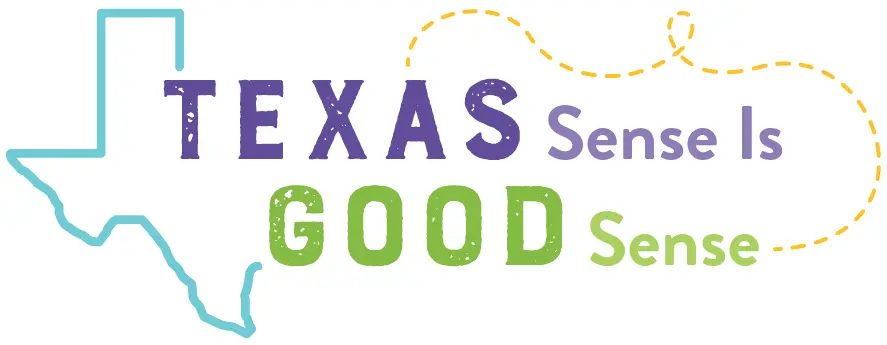
How Zaner-Bloser Meets the IMRA Requirements – Math Intervention
Kickstart: Number Sense and Kickstart: Early Number and Counting small-group math intervention helps students develop the number sense skills required to access grade-level, TEKS-aligned math curriculum in grades K–3.
- Systematic, explicit instruction
- Instruction in just 15–20 minutes per day
- Teacher-friendly scripted lessons require minimal preparation
- 60 days to advance to grade-level proficiency
- Physical movement, hands-on manipulatives, discussion, music, and games engage students
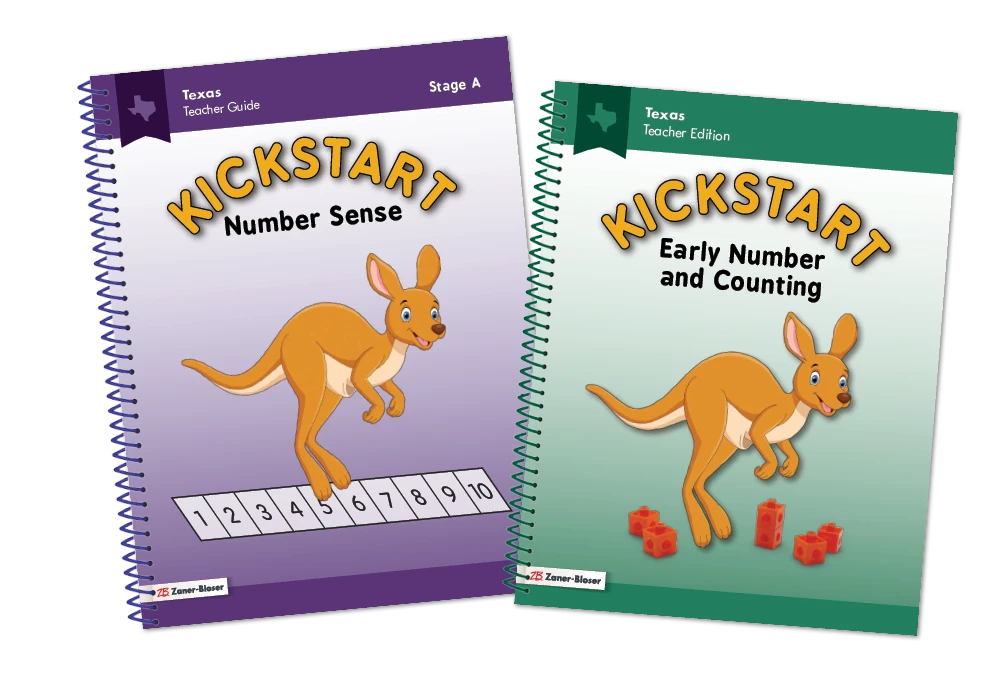
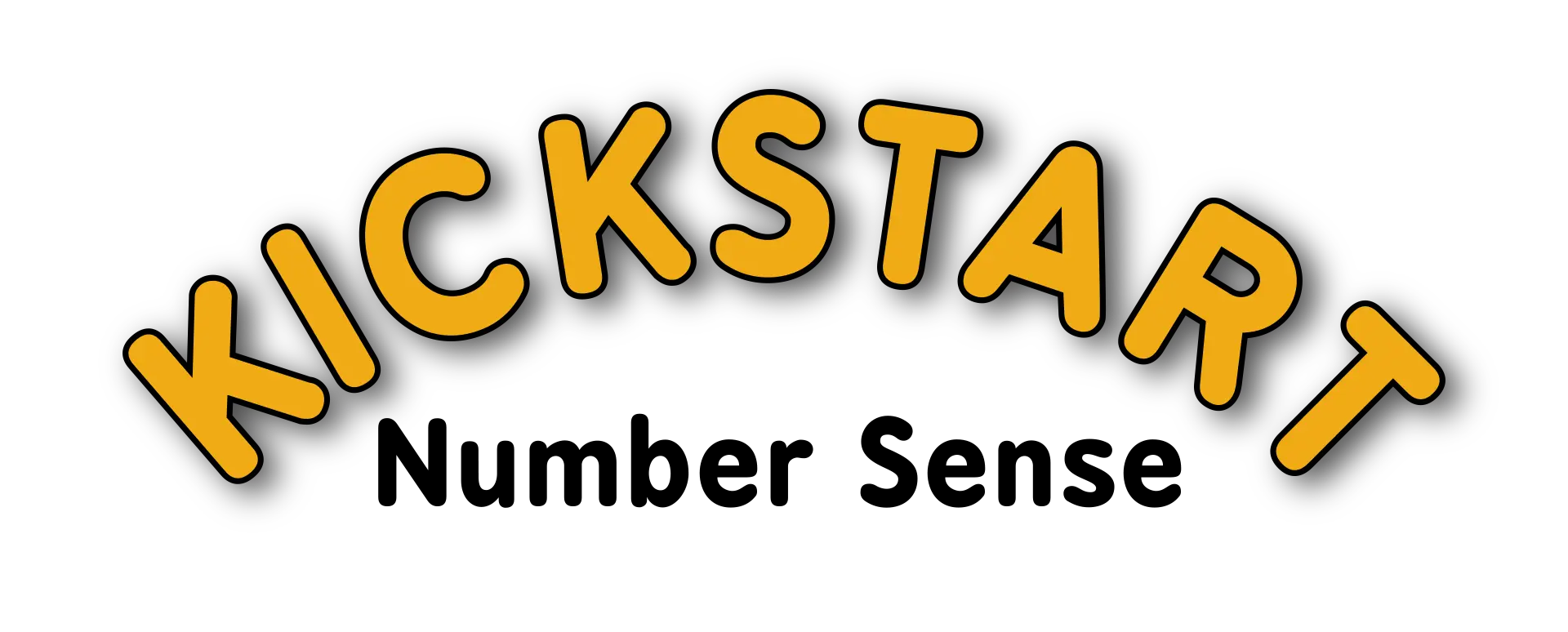
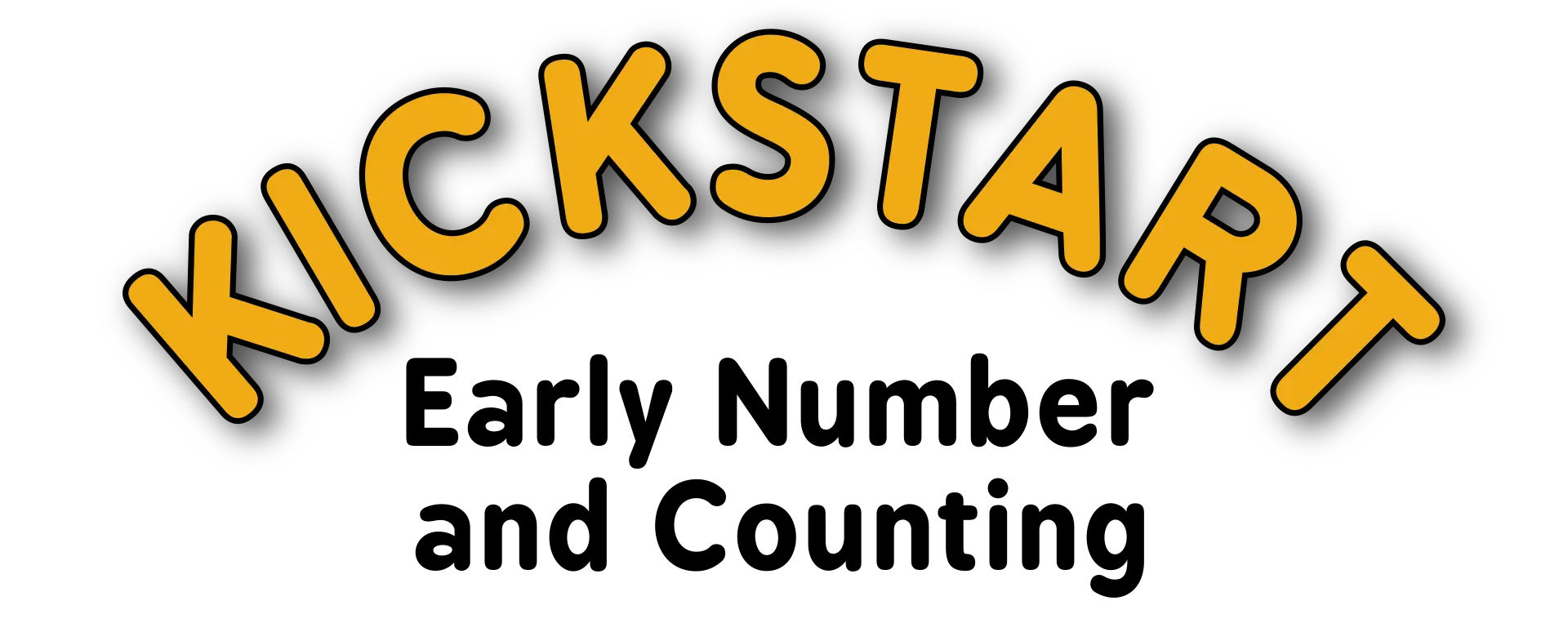
Math Intervention & TEKS Alignment At a Glance
- Kickstart: Early Number and Counting
- Kickstart: Number Sense
Developmental Progressions and Scaffolding
- Concrete to representational to abstract (CRA) instructional progression is used to build mathematical understanding.
Student Engagement and Motivation
- Kickstart promotes “math identity,” curiosity, and active learning through multimodal activities.
Assessment and Progress Monitoring
- Kickstart includes embedded assessments and progress monitoring tools designed to help students reach grade-level proficiency according to TEKS—in just 60 days.
Kickstart: Number Sense – Rubric / Program Round Up
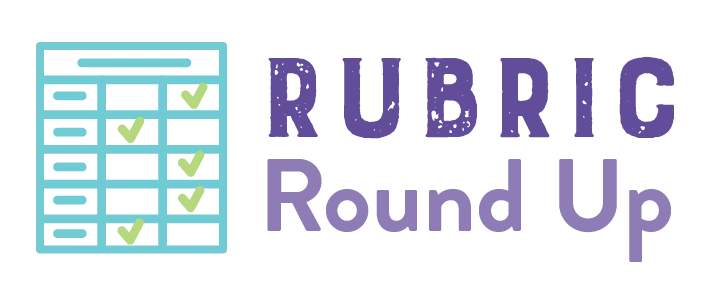
Emphasis on Developmental Progression and Instructional Design Rubric 1
- IMRA calls for instructional materials to use explicit, scaffolded design, referencing developmental progression, and aligning to TEKS standards with clear learning pathways and skill entry points.
- Kickstart delivers with a concrete–representational–abstract (CRA) progression, allowing students to build understanding from hands-on experience to abstract reasoning.
Assessment and Progress Monitoring Rubric 2
- IMRA calls for diagnostic, formative, and summative assessments, with guidance for interpreting results and adjusting instruction.
- Kickstart includes diagnostic assessments and progress monitoring tools that inform individualized instruction.
Equity, Inclusivity, and Support for Diverse Learners Rubric 3
- IMRA expects materials to include linguistic accommodations, bilingual supports, and cultural responsiveness.
- Kickstart emphasizes the importance of supporting multilingual learners, underrepresented students, and building community and belonging.
Depth and Coherence of Key Concepts Rubric 4
- IMRA calls for questions and tasks, including enrichment and extension materials, to increase in rigor and complexity, leading to grade-level proficiency in the mathematics TEKS.
- Kickstart encourages students to progress from concrete to representational to abstract understanding of concepts; to demonstrate proficiency through use of academic language; and to participate in group hands-on activities—with a goal grade-level proficiency per TEKS in just 60 days!
Balance of Conceptual and Procedural Understanding Rubric 5
- IMRA calls for a balance of conceptual understanding and procedural fluency, including support for academic math language and student self-efficacy.
- Kickstart promotes number sense, fluency, and building students' identity as mathematicians through language-rich, confidence-building activities.